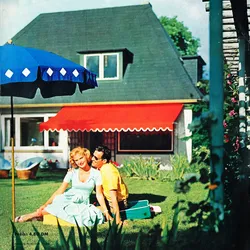PhD Class
Alle Promotionsprojekte an der Professur für Urban Design sind eingebunden in die PhD Class. Diese bietet einen Rahmen für Promovierende an der Professur, ihre Forschungsthemen vorzustellen, über sie zu diskutieren und in den Austausch zu kommen zu allen Belangen rund um die Promotion. Alles zur PhD Class und ein Kontakt bei Interesse an einer Promotion an der Professur sind hier zu finden.
Laufende Dissertationen
- Great Reset - Innovations in Urban Planning, Crisis as Catalyst?
Elena Schirnding de Almeida, seit 2020 - Reframing Mobility – Transition Design for the new everyday
Marco Kellhammer, seit 2020 - IN BETWEEN. Exploring hybrid planning for redeveloping informal settlements in the Mumbai metropolis
Ayesha Müller-Wolfertshofer, seit 2020 - New Pathways: A Study of European Railway Stations from the Perspective of Sustainable Development
Alice Lunardon, seit 2020 - Democratization of urban public space – A case study of Turkey‘s „Nation Gardens“
Deniz Köse, seit 2021 - Empowerment als Strategie des transdisziplinären Städtebaus in Münchner Quartieren
Mareike Schmidt, seit 2022 - Evolutionary geometry in urban landscapes - adaptation, synergies and optimization
Adrian Heinisch, seit 2023 - Klimaschutz und Klimaanpassung in Mittelstädten: Ursachen unzureichenden kommunalen Handelns und Potenziale für zukünftige Strategien unter Berücksichtigung rechtlicher und gesellschaftlicher Einflussfaktoren
Vanessa Dörges, seit 2023 - Spatial Transformation in the historic district of Centro Habana, Cuba. Understanding Resident Approaches through Architectural Analysis.
Barbara Schudok, seit 2023 - City in the Face of Urban Scarcity: A comparative study
Antea Leka, seit 2024 - Towards inclusive housing in the context of perceived housing and refugee crises in the DACH region
Caroline Birkner, seit 2024 - Tracing Territories: A Cartographic timeline of Northern Istanbul
Elif Simge Fettahoğlu-Özgen, seit 2025
